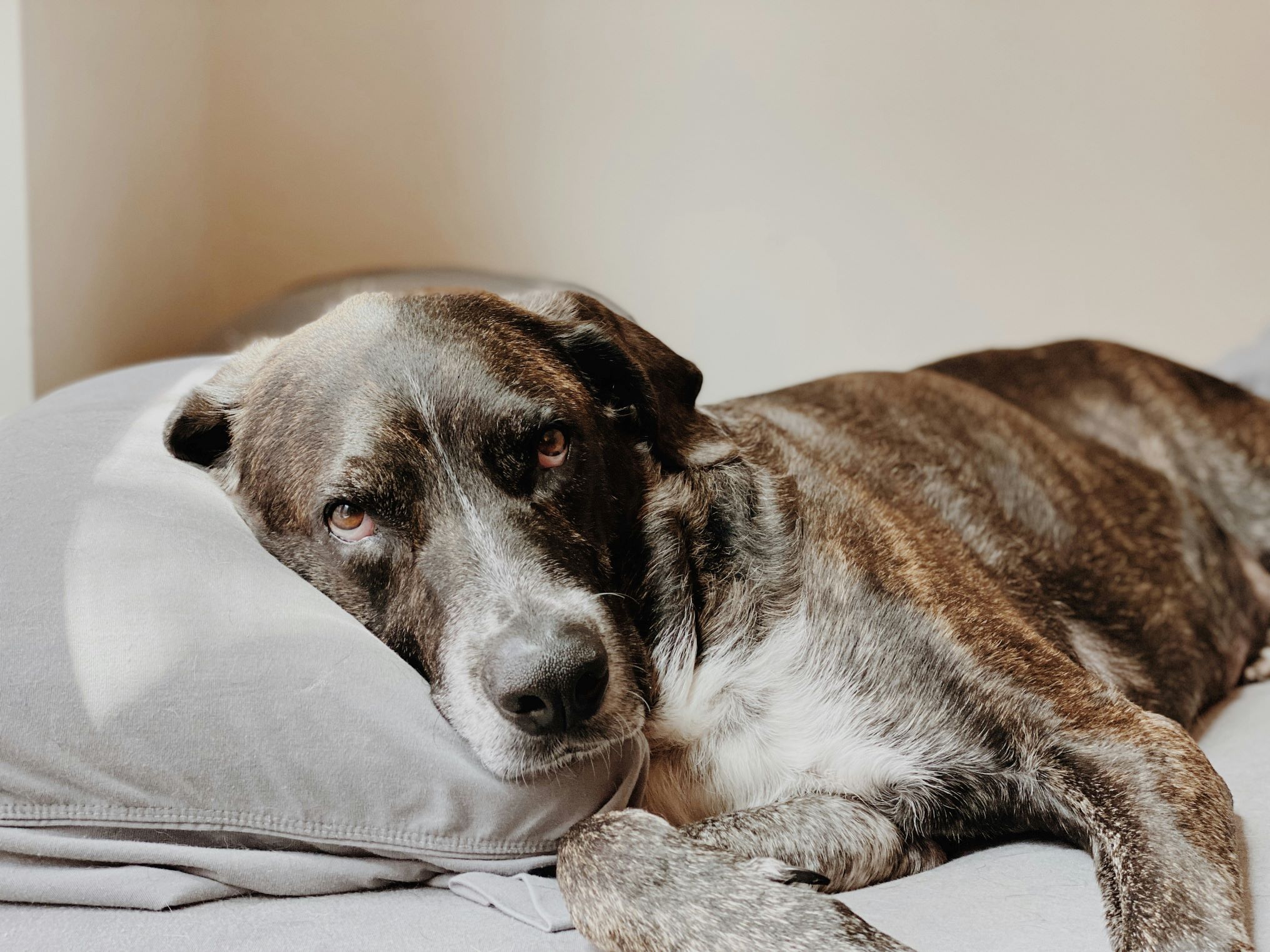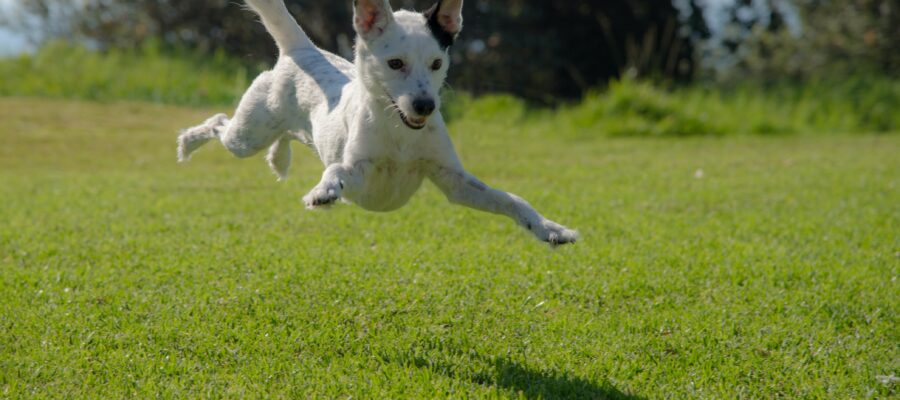
Daylight Savings Time: How to Help Your Dog Adjust (And Why It Matters)
“Fall back, spring forward.” It’s a phrase we dread or celebrate, depending on whether we’re gaining or losing an hour of sleep. But while the impact on us humans is usually temporary, our dogs might experience the time change more profoundly. Let’s dive into why Daylight Savings Time (DST) can disrupt our furry friends and provide strategies to make the transition easier.
Dogs and the Importance of Routine
Dogs aren’t just creatures of habit; they find comfort and security in predictable routines. Mealtimes, potty breaks, walks, playtime, and bedtime at regular intervals create a sense of structure in their world. When DST throws a wrench into that schedule, even by a seemingly small amount, it can leave them feeling confused, anxious, or out of sorts.
The Science: Light, Circadian Rhythms, and Canine Confusion
Our dogs (and ourselves) possess internal clocks known as circadian rhythms. These biological rhythms are heavily influenced by light and dark cycles. When the amount of daylight suddenly shifts with DST, it temporarily desynchronizes their internal clock. This can lead to:
-
Disrupted Sleep: Your dog may find it harder to fall asleep at their usual time, wake up unusually early, or become restless during the night. Sleep deprivation in dogs can lead to irritability, decreased cognitive function, and even health issues over time.
-
Changes in Appetite and Digestion: A confused circadian rhythm can send mixed signals about hunger and digestion. They might lose interest in food, refuse meals at their normal times, or beg for food at strange hours. ChowPow’s dog food seasoning is useful in this situation because it can be used to entice a dog that may not want to eat or take medicine, and keep them on a regular schedule.
-
Uptick in Anxiety: Schedule changes disrupt a sense of predictability, a key factor in canine mental well-being. Anxious dogs may become clingy, restless, whine, tremble, or have housetraining accidents.
Extra Sensitive Pups: Factors That Amplify DST Discomfort
-
Senior Dogs: Older dogs, especially those with cognitive decline or sensory issues, may have a harder time adjusting to changes in their environment and schedule.
-
Anxious by Nature: If your dog is already prone to anxiety, even small disruptions like DST can exacerbate their stress levels.
-
Health Conditions: Dogs with illnesses, chronic pain, or those on medications that affect sleep or appetite might be more sensitive to the time change.
Helping Your Dog Navigate the Clock Change
The good news is, most dogs bounce back after a few days. But proactive steps can ease the transition:
-
The Gradual Shift: A few days before DST, begin subtly tweaking your dog’s schedule by 10-15 minutes. Feed them a little earlier/later, adjust walk times, and move bedtime slightly. This gradual change is less jarring than a sudden one-hour jump.
-
The Power of Exercise & Play: Mental and physical stimulation are crucial for happy, well-adjusted dogs. Don’t skimp on walks, playtime, and mental challenges, even if your own schedule is wonky due to DST. A tired dog sleeps better!
-
Consistency is Key: While a gradual shift is helpful in the lead-up, stick to the new schedule as consistently as possible after the time change. This helps your dog reset their internal clock faster.
-
Light Control: Use blackout curtains or blinds if your dog is sensitive to early sunrises or lingering daylight. Conversely, ensure they get some bright morning light to help regulate their circadian rhythm.
Safety First: Visibility and Awareness
-
Be Seen: If walking in darkness, wear reflective clothing and use lights or a reflective leash/collar for your dog. Drivers may also be adjusting to the time change and less alert.
-
Mind Your Surroundings: Walk during quieter times if possible, especially in the first few days after DST. Other dogs and their owners may be on altered schedules, leading to unexpected encounters.
A Note of Patience and Reassurance
Offer your furry friend extra love and understanding during the adjustment period. If they seem off-kilter, maintain a calm and predictable environment to ease their anxiety.
When to Call the Vet
For most dogs, the DST adjustment is temporary. However, if their sleep, appetite, behavior, or anxiety don’t improve within a week or two, or if the disruption is severe, consult your veterinarian. They can rule out any underlying health issues and offer further guidance.
Share Your Experiences!
Has Daylight Savings Time thrown your dog for a loop in the past? Share your tips and stories on our social media!






